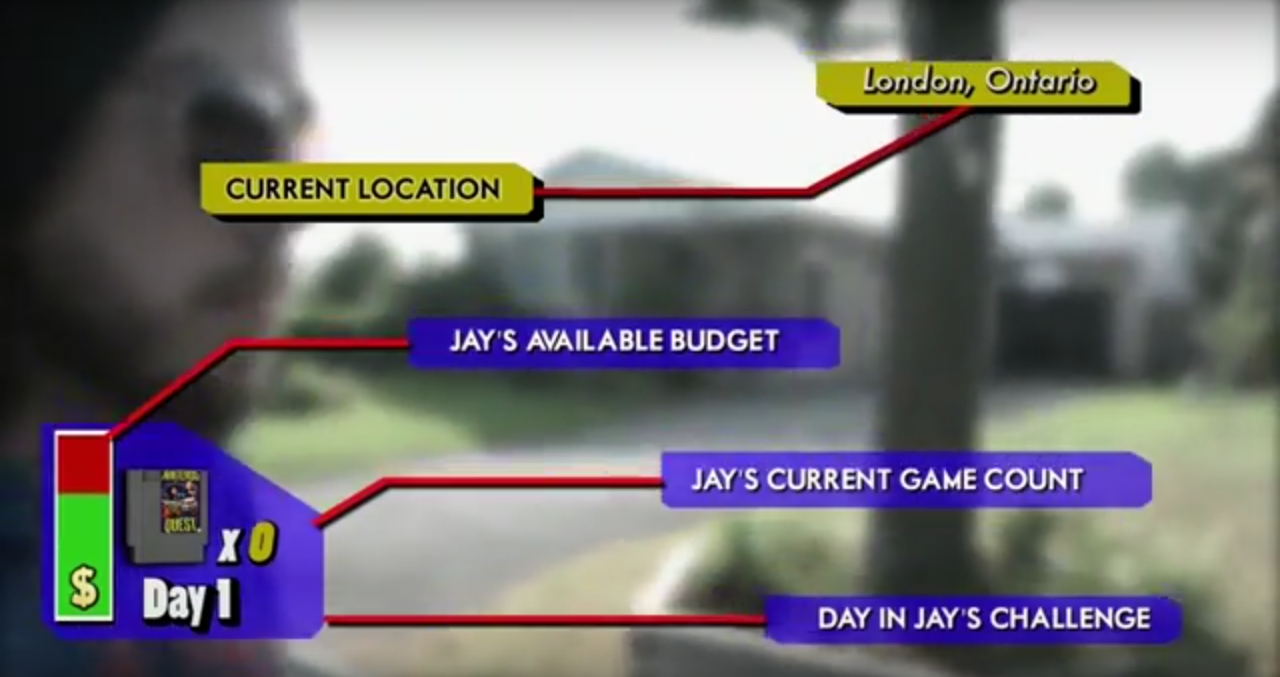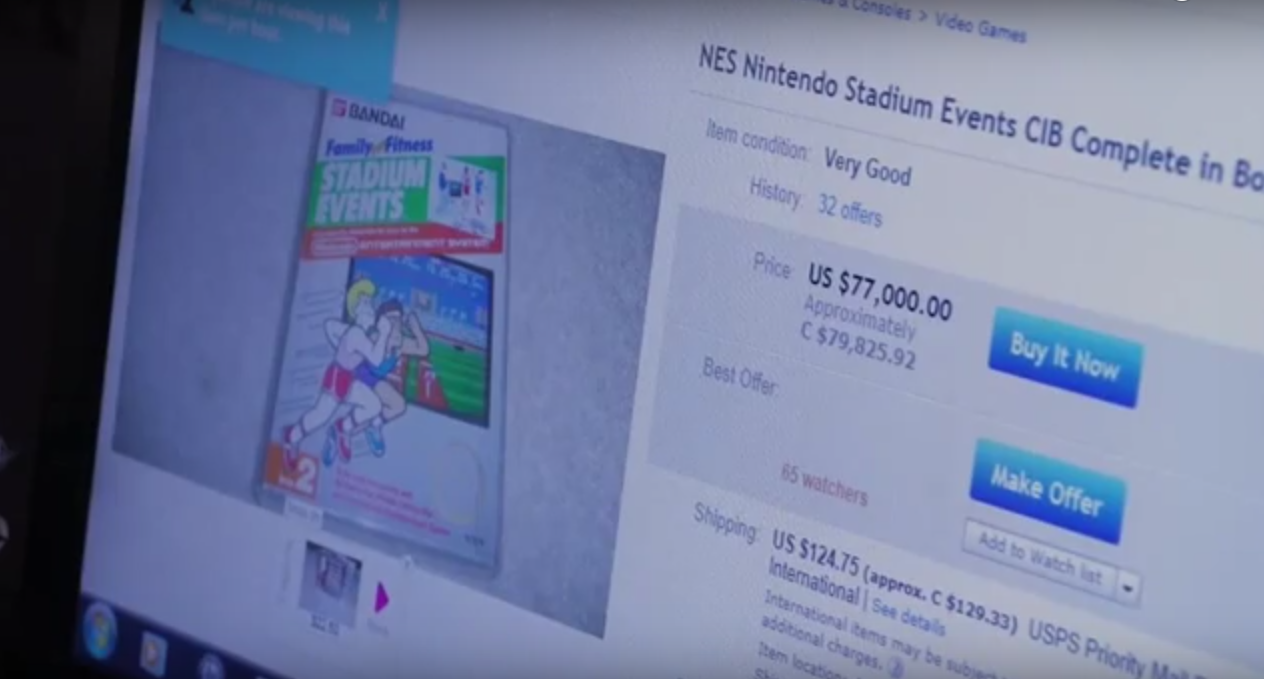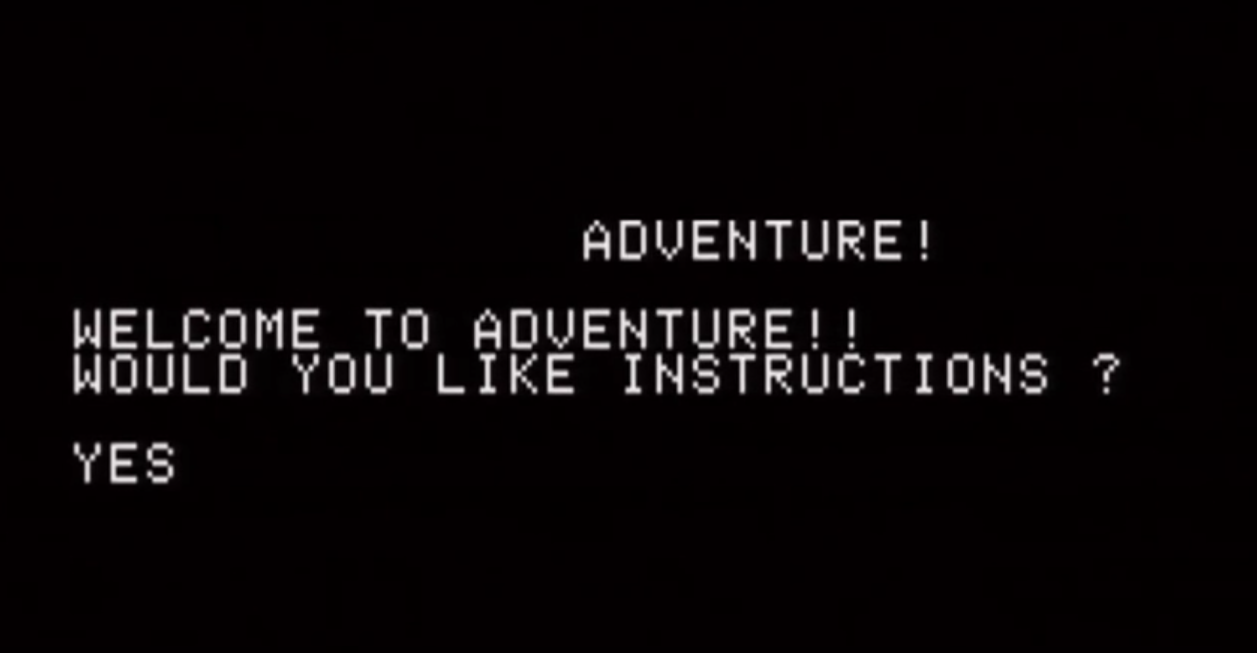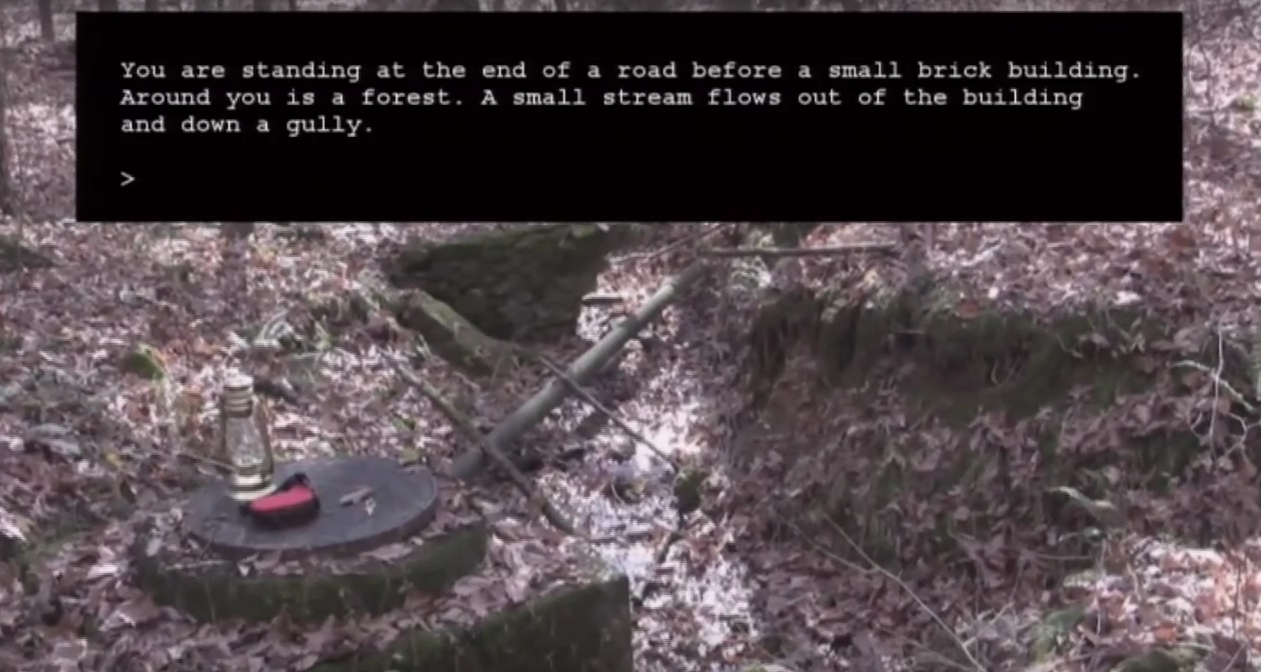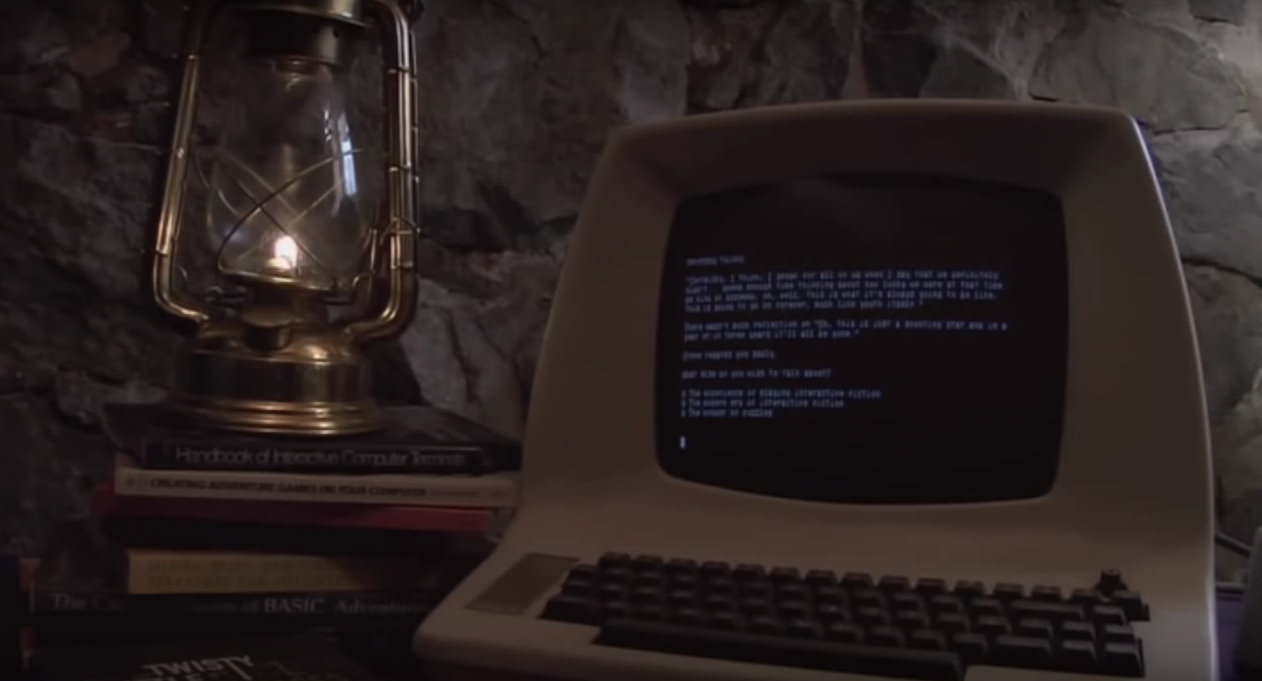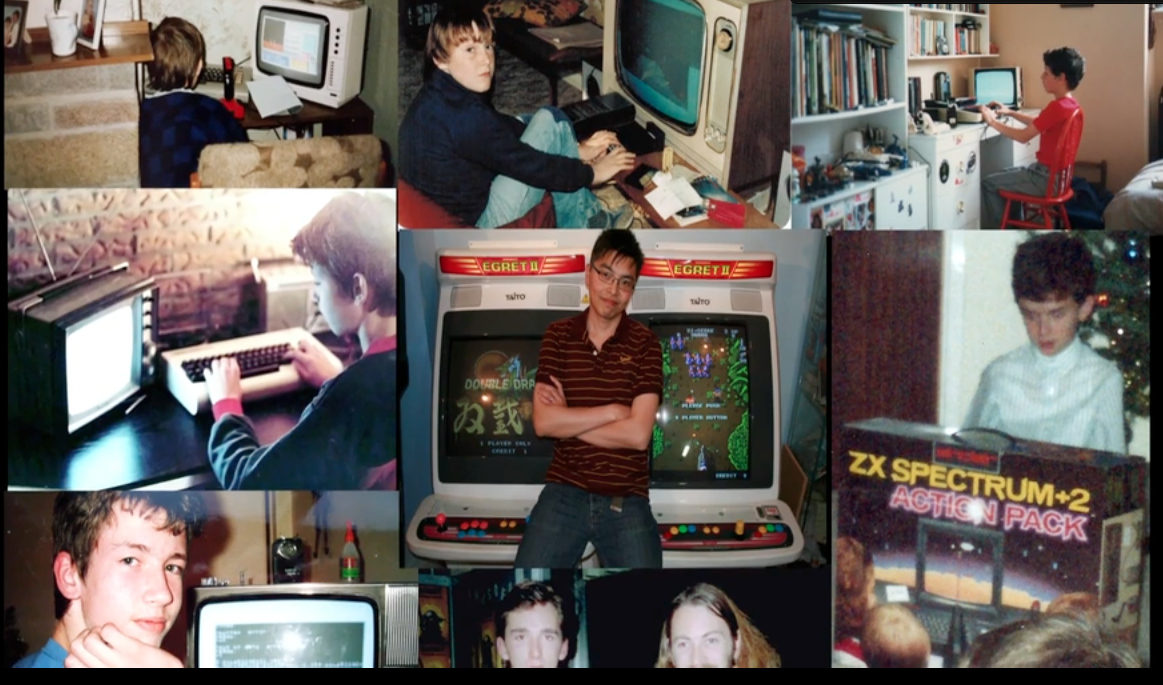Nintendo Quest is a Kickstarter-funded documentary based on a simple premise; a young man, Jay, has to find all 678 original NES video games which were released in North America within 30 days. This sounds like a simple enough task right? In this day and age of the internet auction sites and online shopping it's a no-brainer, but to make it more challenging no internet or auction sites can be used and his current collection cannot be included.
This is a promising set-up, full of potential for insights into Nintendo history, a deep look at gaming and collectors and a look behind the recent surge in interest in retro gaming collection.
The documentary starts by talking heads saying things like, "It'll be a transformative experience", "He's going to go on a journey and find a lot out about himself" and so on, all set to background fast paced rock music! He's not after the holy grail, it's NES carts!
As an avid collector I love the thrill of finding carts in the wild but I would never be as hyperbolic as this documentary is. When Jay is finding the carts there is a UI (User Interface) that shows his money level and his NES cartridge count but there isn't a monetary value represented and the cost of the games isn't shared either. In some scenes I expected Westlife's 'Flying Without Wings' to be playing in the playground, all set to slomo images of the protagonist, Jay, digging through the carts.
When compared to something like 'From Bedrooms to Billions', again a documentary about gaming but this time about people making games in the 70's/ 80's, the information was interesting but well paced and not so hyperbolic, it made it a much easier viewing experience.
Nintendo Quest fails to be insightful on what is a fascinating topic. For a documentary all about the vintage gaming scene it is fails to look at the reasons behind the scene, the cost of the hobby and even why there is a resurgence in old skool gaming. The documentary has a lot of potential but ultimately fails to deliver, being quite meandering and unfocussed.




